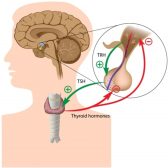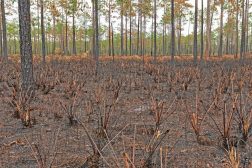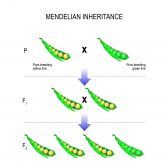Definition
Noun
A gram-negative diplococcus oxidase positive commensal bacterium involved as a normal flora of human oral cavity and upper respiratory tract.
Supplement
Neisseria sicca has the ability to produce acid from carbohydrates in which most of the strains not pigmented and forms dry wrinkled adherent colonies. It consists of multiple strains in which some reported to caused septicemia to an immunocompromised individual. It has been identified among Neisseria species to show O-repeat structure in its lipopolysaccharides.
Neisseria sicca is a natural inhabitant of the oropharynx in human that is known to be a harmless saprophyte but rarely considered as an etiologic agent in human disease particularly to those with immunodeficient individual. Some cases this bacterium caused serious infections includes endocarditis, bacteremia, meningitis and septic arthritis as well as peritonitis.
Neisseria sicca has the ability to degrade hydrogen peroxide in salivary sediment and dental plaques. It does not utilize lactose but produces acid from maltose, glucose, fructose and sucrose.
Scientific classification:
Kingdom: Bacteria
Phylum: Proteobacteria
Class: Betaproteobacteria
Order: Neisseriales
Family: Neisseriaceae
Genus: Neisseria
Species: Neisseria sicca
See also:
• Bacteria
• Dental plaque
• Peritonitis
Dictionary > Neisseria sicca
You will also like...

Hormone Production
Hormones are chemical messengers produced by specialized glands and they were produced by switching on the genes designe..

Kidneys and Regulation of Water and Inorganic Ions
The kidneys are responsible for the regulation of water and inorganic ions. Read this tutorial to learn about the differ..

Ecosystem Succession
If the balance of nature is left untouched, landscapes can change dramatically over time. A previous ecosystem is supers..

Photosynthesis – Photolysis and Carbon Fixation
Photosynthesis is the process that plants undertake to create organic materials from carbon dioxide and water, with the ..

Inheritance and Probability
Gregor Mendel, an Austrian monk, is most famous in this field for his study of the phenotype of pea plants, including ..

Control of Body Movement
Some of the body movements can be controlled at will, others cannot. The body has a motor program, which is the pattern ..

